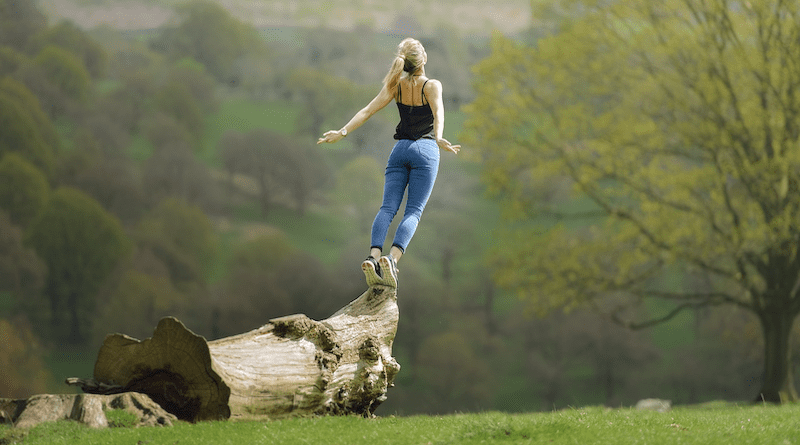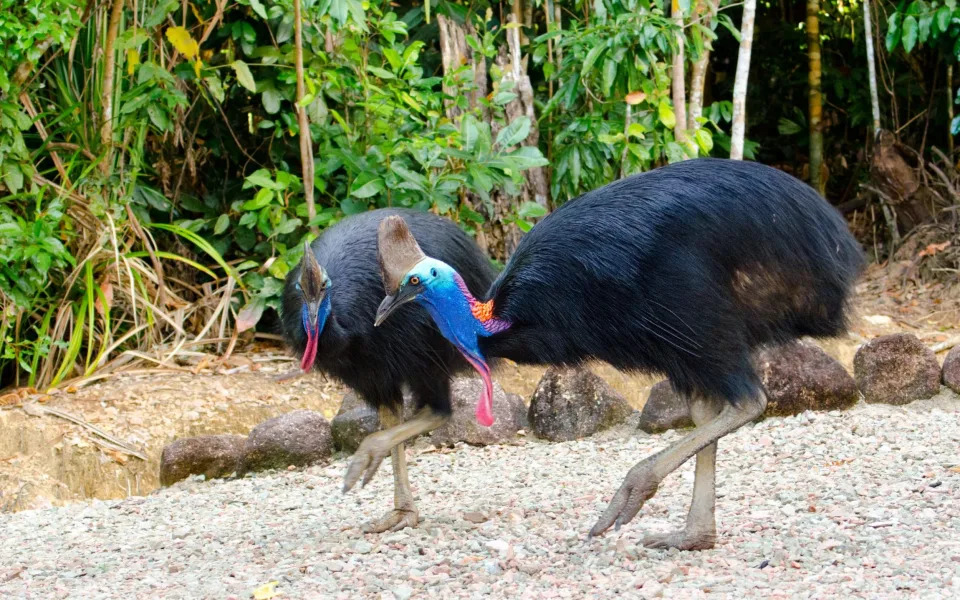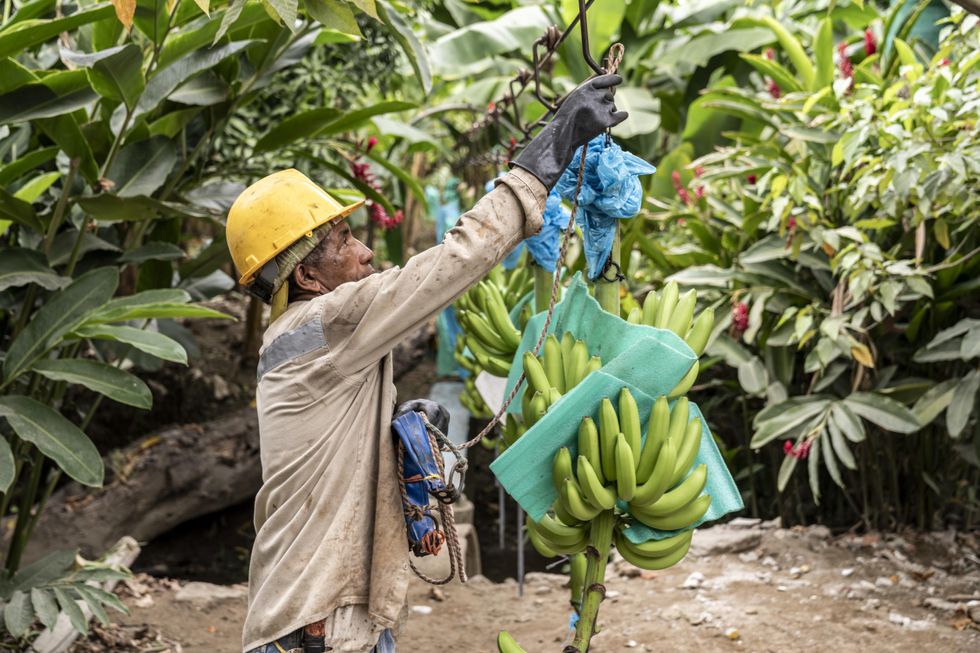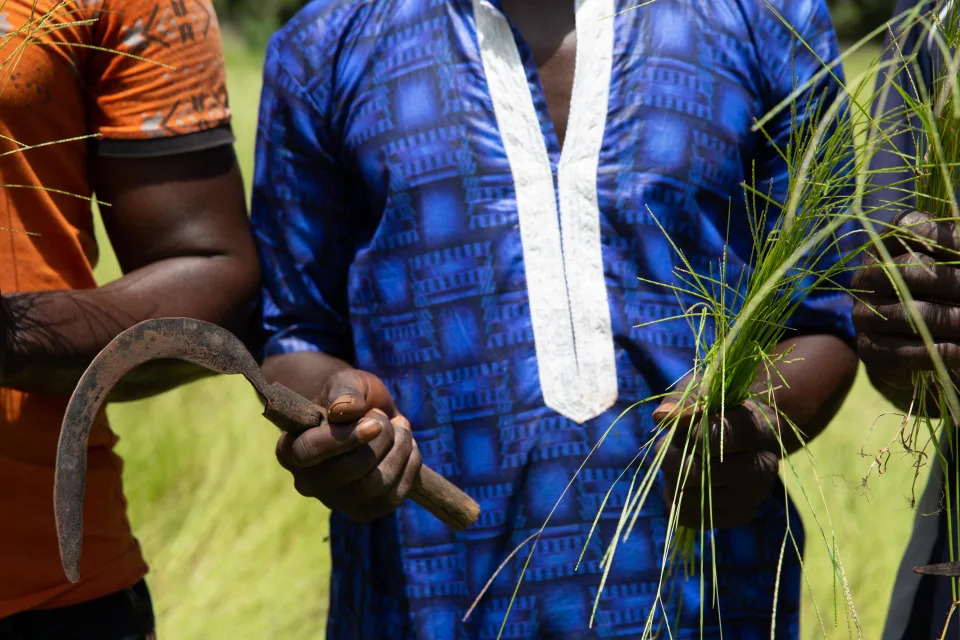
Causing Environmental Damage Should Be A Criminal Offense, Say 72% Of People Surveyed In G20 Countries
Nearly three out of four people (72%) surveyed across 18 G20 countries1 support making it a criminal offence for government or leaders of large businesses to approve or permit actions which cause serious damage to nature and climate, finds major new research. This finding is part of the latest Global Commons Survey 2024, conducted by Ipsos UK and commissioned by Earth4All and the Global Commons Alliance (GCA).
The research follows recent landmark legislative changes, including in Belgium where ecocide was recognised as a federal crime earlier this year. Related laws have also been passed in Chile and France and ecocide bills have been proposed in Brazil, Italy, Mexico, the Netherlands, Peru and Scotland, among others.
The survey – which polled 18 G20 countries excluding Russia – reveals a deep-seated concern among citizens of the world’s largest economies about the current state and future of our planet. Among respondents, 59% are very or extremely worried about the state of nature today, a slight increase from the 2021 Global Commons Survey. In addition, 69% agree that Earth is nearing tipping points related to climate and nature due to human activities.
The survey categorises respondents from 18 G20 countries1 into five “Planetary Stewardship Segments,” revealing that ‘Steady Progressives’, ‘Concerned Optimists’, and ‘Planetary Stewards’ — groups advocating for strong action to protect the environment — make up the majority (61%) of people across the G20* countries surveyed. This marks a social tipping point, with more people now demanding action to protect the planet than those who do not.
The survey included respondents from 18 G20 countries: Argentina, Australia, Brazil, Canada, China, France, Germany, India, Indonesia, Italy, Japan, Mexico, Saudi Arabia, South Africa, South Korea, Turkey, United Kingdom, United States, plus four countries outside the G20: Austria, Denmark, Kenya, and Sweden.
Owen Gaffney, co-lead of the Earth4All initiative said: “The majority support (72%) for criminalising actions which allow serious damage to the climate surprised us. The majority of people want to protect the global commons; 71% believe the world needs to take action immediately. Our survey demonstrates that people across the world’s largest economies are acutely aware of the urgent need to safeguard our planet for future generations.”
Jane Madgwick, Executive Director of GCA added: “People everywhere are very worried about the state of our planet and they’re feeling the pain already. Awareness that we are close to tipping points is high, as is concern that political priorities lie elsewhere. It all comes down to what we can do collectively to safeguard and restore the global commons which sustain all life on Earth and protect us from the most severe impacts of climate change. This is going to take bold leadership and a truly global effort, connecting actions across nations and from the ground up.”
Jojo Mehta, Co-founder and CEO of Stop Ecocide International, said: “We’re seeing significant policy shifts in favour of ecocide legislation at the domestic, regional, and international levels. Most notably, at the start of this year, the European Union included ‘qualified offences’ in its newly revised Environmental Crime Directive that can encompass ‘conduct comparable to ecocide.’ This means EU member states now have two years to bring these rules into national law – a huge moment felt across the globe.”
“We know this policy-level progress has been significantly driven by widespread civil society demand. The new Global Commons Survey makes it obvious that there is already a strong foundation of public support for this law. People clearly understand that the most severe forms of environmental destruction harm all of us, and that there is real deterrent potential in creating personal criminal liability for top decision-makers. Damage prevention is always the best policy, which is precisely what ecocide law is about.”
Gender disparities in environmental concern
The survey conducted across 18 G20 countries1 also uncovered gender differences in environmental concern. Women tend to exhibit higher levels of concern about the state of nature today and for future generations than men; 62% of women are extremely or very worried about the state of nature today, compared with 56% of men, and 74% of women believe that major action to address environmental issues should be taken immediately within the next decade, compared with 68% of men.
Just 25% of women believe that many claims about environmental risks are exaggerated while 33% of men do. Women are also significantly less likely to believe technology can solve environmental problems without individuals having to make big lifestyle changes (35% compared with 44% of men).
Regional differences in perceived exposure to climate change
The survey found that people in emerging economies such as India (87%), China (79%), Indonesia (79%), Kenya (73%) and Turkey (69%) feel more personally exposed to climate change compared to those in Europe and the United States. Those who perceive themselves as highly exposed to environmental and climate-related risks also show the highest levels of concern and urgency regarding climate action. This group is most likely to link human and planetary health and see benefits in addressing environmental issues.
Data from the survey released in June showed 71% believe urgent action is needed this decade to address environmental risks and reduce carbon emissions.
Planetary Stewardship segments
For the first time, the Ipsos survey segmented G20 respondents according to attitudes to planetary stewardship. Five distinct audience segments were identified:
- Planetary Stewards: Driven by a strong sense of urgency and responsibility towards the environment, this group advocates for systemic change (political and economic) to address environmental challenges. They are characterised by their high levels of concern and activism, with 97% stating the need for immediate action to tackle climate change. Planetary Stewards believe in the close connection between human and planetary health and tend to show strong support for legal measures to protect the environment.
- Concerned Optimists: This group blends high environmental concern with optimism about the future. Concerned Optimists typically support immediate environmental action and are confident that addressing climate change can bring widespread benefits to people in their country but show optimism about the future.
- Steady Progressives: Pragmatic and moderate in their approach, Steady Progressives seek balanced solutions to environmental issues. They tend to acknowledge the need for urgent action but prefer gradual reforms within existing systems.
- Climate Sceptics: This group dismisses climate and environmental concerns. Climate Sceptics tend to oppose policies which address climate change. They are more likely than the G20 average to prioritise individual liberty and limited government intervention, and less likely to think either that immediate environmental action is needed or that the earth is close to environmental tipping points because of human activities.
- The Unengaged: This group shows a lack of interest and engagement in environmental and political issues. They are typically indifferent towards environmental concerns and less likely than the G20 average to support significant changes to political and economic systems.
Across those surveyed in the G20, Planetary Stewards, Concerned Optimists and Steady Progressives comprised the majority (61%) of respondents. This marks a social tipping point, where more people care for, and want action to protect, the planet than those who do not. Within G20 countries surveyed1, Planetary Stewards make up the largest groupings in Turkey (28%), France (27% – joint largest group with the Steady Progressives), Brazil, (26%), and Mexico (26% – joint largest group with the Steady Progressives). The Unengaged make up the largest groups in Germany, Italy, Japan, and Saudi Arabia. Across the G20*, just 13% of people fall into the Climate Sceptic group, according to the survey results.
Owen Gaffney concluded, “We found that the idea of planetary stewardship is strongest in emerging economies like Brazil, Argentina, South Africa, and Kenya.”
G20 countries represent around 85% of the global GDP, 78% of greenhouse gas emissions, over 75% of the global trade, and about two-thirds of the world population.
New Survey Reveals Strong Support for Criminalizing Environmental Damage in G20 Countries



















